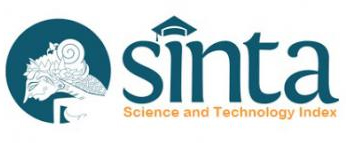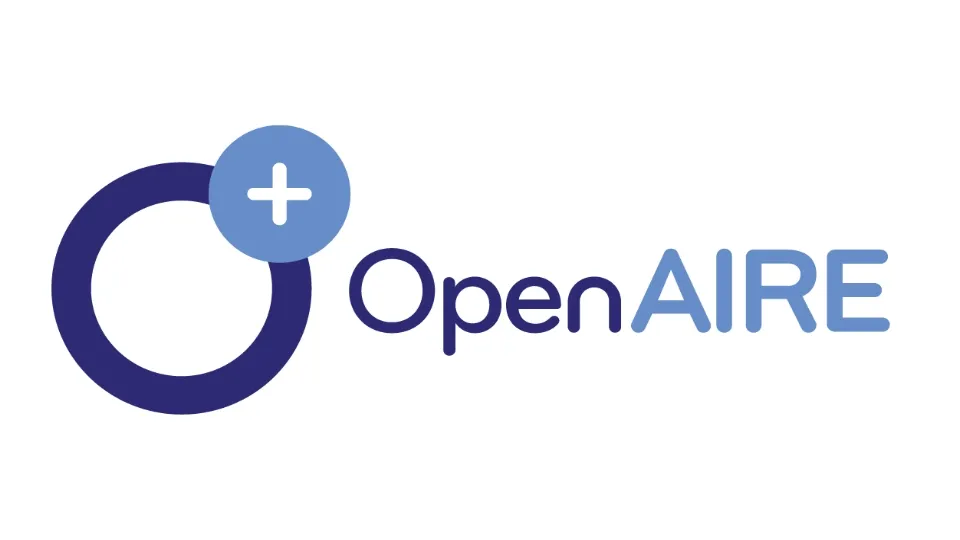Migrasi Database Dari Cds/Isis Ke Slims
DOI:
https://doi.org/10.21154/pustakaloka.v3i1.636Keywords:
Migration, CDS-ISI, SLIMs, information managementAbstract
CDS-ISIS is a library software developed by UNESCO,to help the library managers in developing countries that less budget to develop it. In accordance with the need to fast access on data and the flexible data sharing bears an idea to build library software. SLiMs””Senayan Library Management System””is Open Source Software (OSS) web based. The main purpose of SLiMs is to fulfill information system on a small or large library. The feature is very complete and users would have flexible management to the library both of intranet or internet
base. SLiMs provides features to export data from or import data to, using CSV (comma-separated values) format. The release of stable 7 version, this feature could be used to export and import bibliographic record from data source. The standard format enables Senayan database to share between other library softwares respectively as long as those applications could export on this format.
Downloads
Issue
Section
License
Requirements to be met by the author as follows:
- Author storing copyright and grant the journal right of first publication manuscripts simultaneously with licensed under the Creative Commons Attribution License that allows others to share the work with a statement of the work's authorship and initial publication in this journal.
Authors can enter into the preparation of additional contractual separately for non-exclusive distribution of a rich version of the journal issue (eg: post it to an institutional repository or publish it in a book), with the recognition of initial publication in this journal.
Authors are allowed and encouraged to post their work online (eg, in institutional repositories or on their website) prior to and during the submission process, because it can lead to productive exchanges, as well as citations earlier and more severe than published works. (see The Effect of Open Access).















